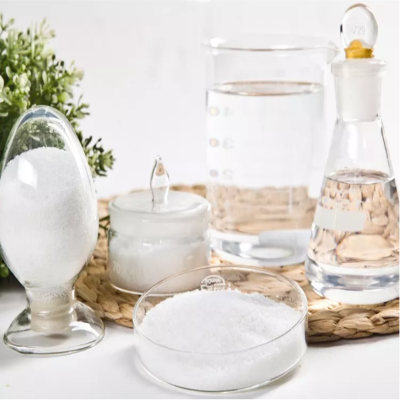-
Categories
-
Pharmaceutical Intermediates
-
Active Pharmaceutical Ingredients
-
Food Additives
- Industrial Coatings
- Agrochemicals
- Dyes and Pigments
- Surfactant
- Flavors and Fragrances
- Chemical Reagents
- Catalyst and Auxiliary
- Natural Products
- Inorganic Chemistry
-
Organic Chemistry
-
Biochemical Engineering
- Analytical Chemistry
-
Cosmetic Ingredient
- Water Treatment Chemical
-
Pharmaceutical Intermediates
Promotion
ECHEMI Mall
Wholesale
Weekly Price
Exhibition
News
-
Trade Service
Recently, according to the Myanmar Times, in view of the decline in international rubber prices and the bankruptcy of a large number of rubber plantations, Myanmar has recently drafted a new law
to promote the development of the rubber industry.
Chinmin, secretary of the Myanmar Rubber Plantation and Production Association (MRPPA), said the drafting of the law would be based on Myanmar's national export strategy
.
The export strategy, announced in 2015, is a five-year plan that aims to increase output and value addition
in sectors including pulses, rapeseed, aquatic products, wood products, textiles and clothing, rice, rubber and tourism.
In particular, the plan notes that the rubber industry is struggling
in terms of both quality and output.
Wen Min, director of the Trade Promotion Department of the Ministry of Commerce of Myanmar, said that because Myanmar imports more than it exports, Myanmar wants to use rubber as a high-quality export product, so it will work to improve product quality and open the first rubber market
in Mawlamyine, Mong.
Qin Min said the new law will be drafted by the Ministries of Commerce, Industry and Agriculture and will be consulted by MRPPA
.
The new law will include planting, production and export processes, regulate the private rubber sector, and set up committees to oversee the market
.
The law is also looking at international rubber laws as a guide
.
The rubber market is built on land owned by the Ministry of Commerce and is jointly managed
by MRPPA and the Ministries of Commerce and Agriculture.
Exporters will buy rubber
by auction.
The Japanese government is working to help the local rubber industry improve the quality of rubber and has established a quality testing laboratory
in Yangon.
Local practitioners hope that better quality control will facilitate the sale of goods to Japan and other countries
.
At present, Myanmar's rubber industry exports mainly rely on the Chinese market, because China is currently the world's largest automobile market, manufacturing tires requires a lot of rubber
.
However, due to the slowdown in China's economic growth and the decline in demand for rubber, global rubber prices have declined
.
This has led many Myanmar rubber plantation owners to wait for rubber prices to recover before resuming production
.
In fiscal year 2015 (April 2014-April 2015), Myanmar exported a total of 75,000 tons of rubber
, Chinmin said.
As of January 2016, a total of 65,000 tons have been exported this fiscal year, and it is expected to reach 90,000 tons
by the end of the fiscal year.
The total value of exports this fiscal year is not expected to be higher than last year
due to lower prices.







